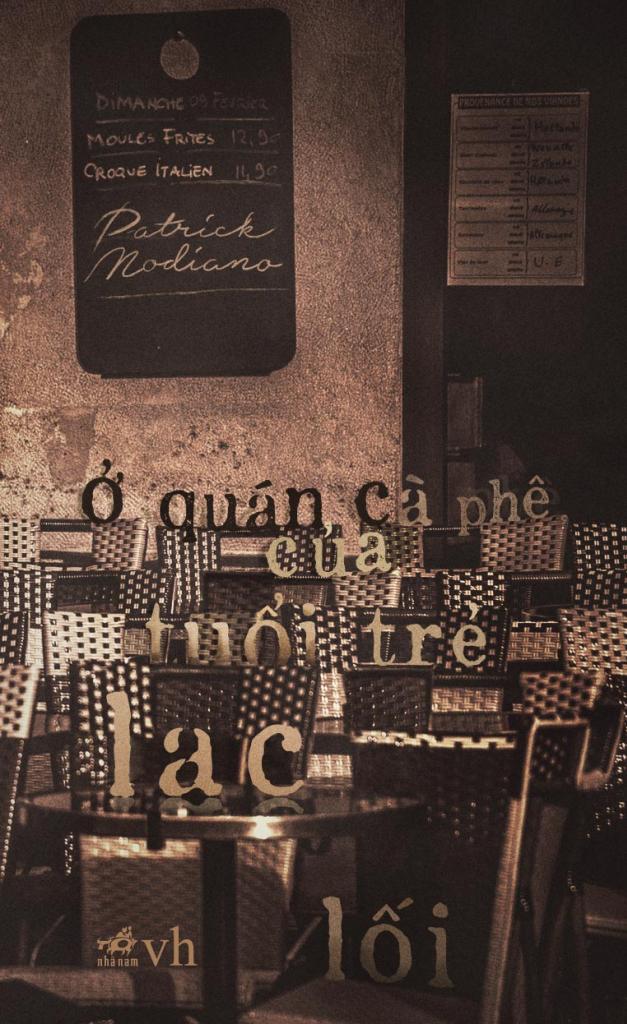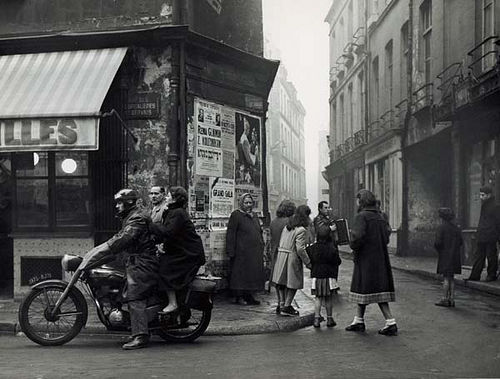What do you think?
Rate this book


153 pages, Paperback
First published October 4, 2007
"There were two entrances to the café, but she always opted for the narrower one hidden in the shadows."


"In this life that sometimes seems to be a vast, ill-defined landscape without signposts, amid all of the vanishing lines and the lost horizons, we hope to find reference points, to draw up some sort of land registry so as to shake the impression that we are navigating by chance. So we forge ties, we try to find stability in chance encounters."
"There was a series of transitional zones in Paris, no-man’s-lands where we were on the border of everything else, in transit, or even held suspended. Within, we benefited from a certain kind of immunity."




Les points fixes des zones neutres
Nous étions là, ensemble, à la même place, de toute éternité, et notre promenade à travers Auteuil, nous l’avions déjà faite au cours de mille et mille autres vies.
Un jour de cafard, sur la couverture du livre que Guy de Vere m’avait prêté : Louise du Néant, j’ai remplacé au stylo bille le prénom par le mien. Jacqueline du Néant.
Je préfère remonter à pied les Champs-Élysées un soir de printemps. Ils n’existent plus vraiment aujourd’hui, mais, la nuit, ils font encore illusion. Peut-être sur les Champs-Élysées entendrai-je ta voix m’appeler par mon prénom…